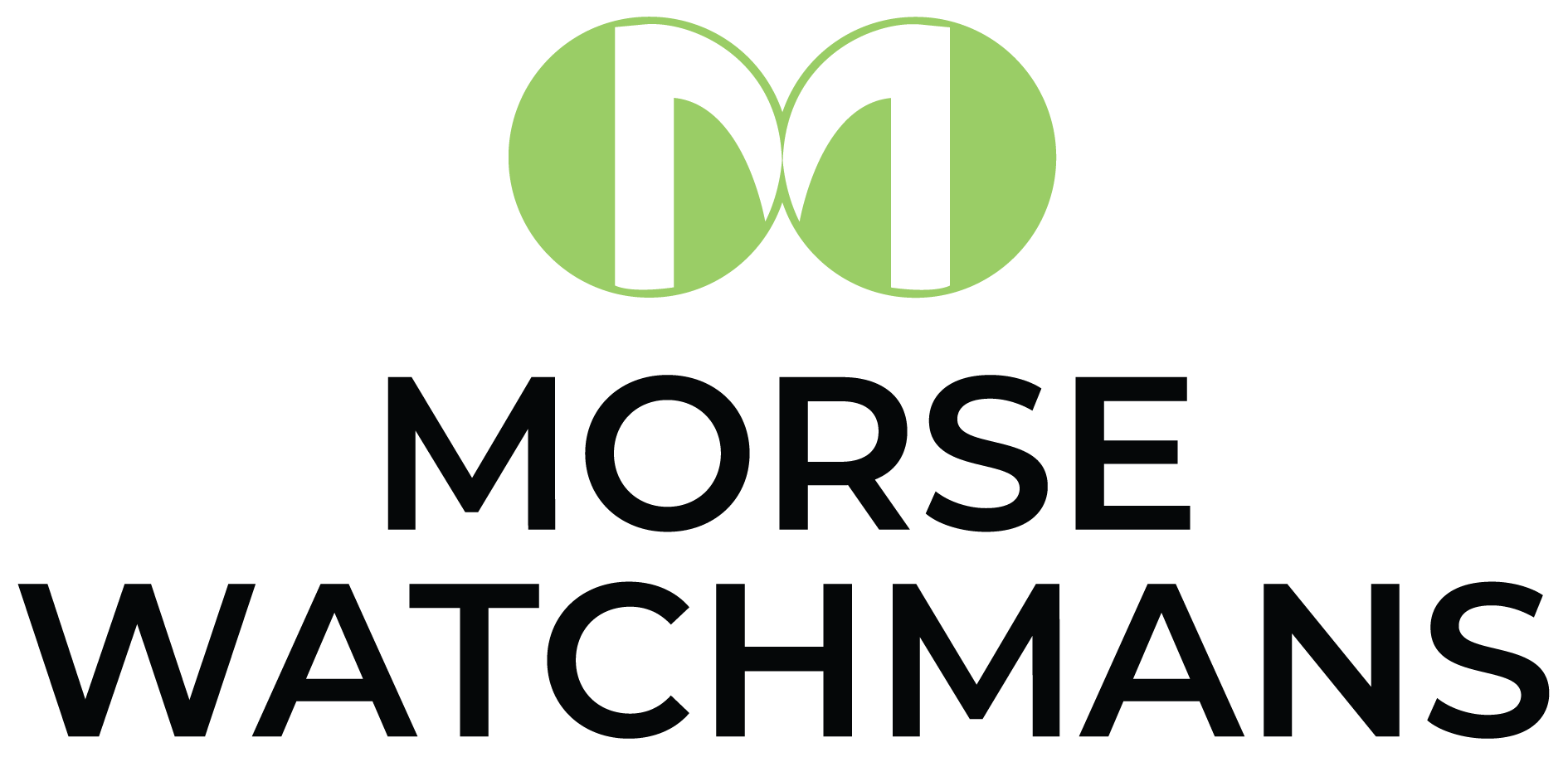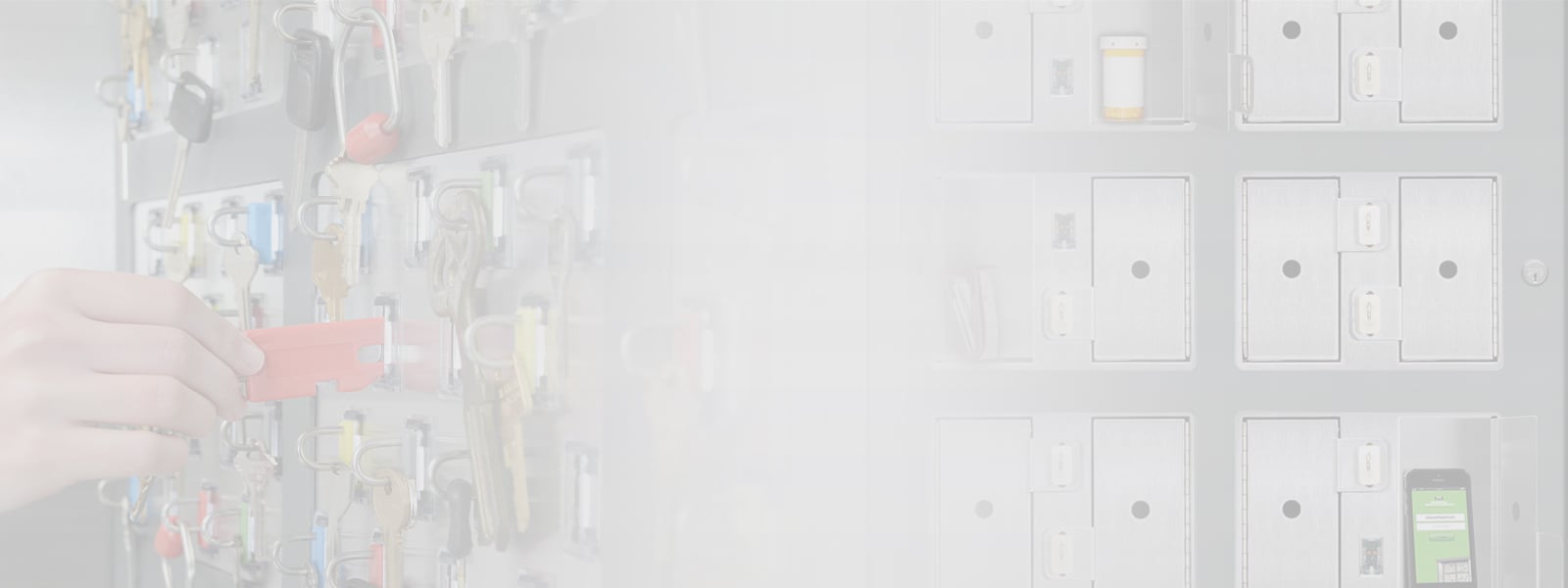Opera houses, performing arts centers, museums and other cultural facilities tend to be large, spread out complexes with a maze of corridors, work rooms, storage areas, loading docks and other non-public spaces in addition to the areas that are open to visitors. To establish a comprehensive and efficient physical security system for these kinds of facilities, management should look to implement a blend of automated technologies including a key control and management system.
Automated key control systems provide a higher level of security through sophisticated technology that offers secure storage for keys and enables programming of user restrictions or parameters for optimum key control and management. Systems are set up so that users can only remove a key they are authorized to use by entering a pre-programmed PIN code or scanning their access card or biometric identification. If the criteria entered matches the information stored in the system database, the key cabinet will unlock and the necessary key can be removed or returned. The other keys will remain locked into place.
This type of control provides significant benefits for security management at museums or performing arts centers where temporary personnel will need access to work rooms or storage areas. For instance, a special curator may be brought on board at the museum to assemble an exhibit. Security can set a temporary permission level for the curator or other selected individuals to access keys for particular work and exhibit areas. Conditions are set so that specific keys are only available for access during regular work hours and if the key is not returned as scheduled, an email alert is sent to security operations.
Key management systems can also reinforce physical security systems and policies that are already in place. Today’s updated approach to key management security is designed for complete interactivity with other business and security systems and critical information about key control can be communicated across multiple systems, enabling additional or immediate security actions to be taken.



